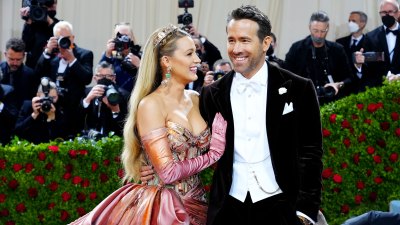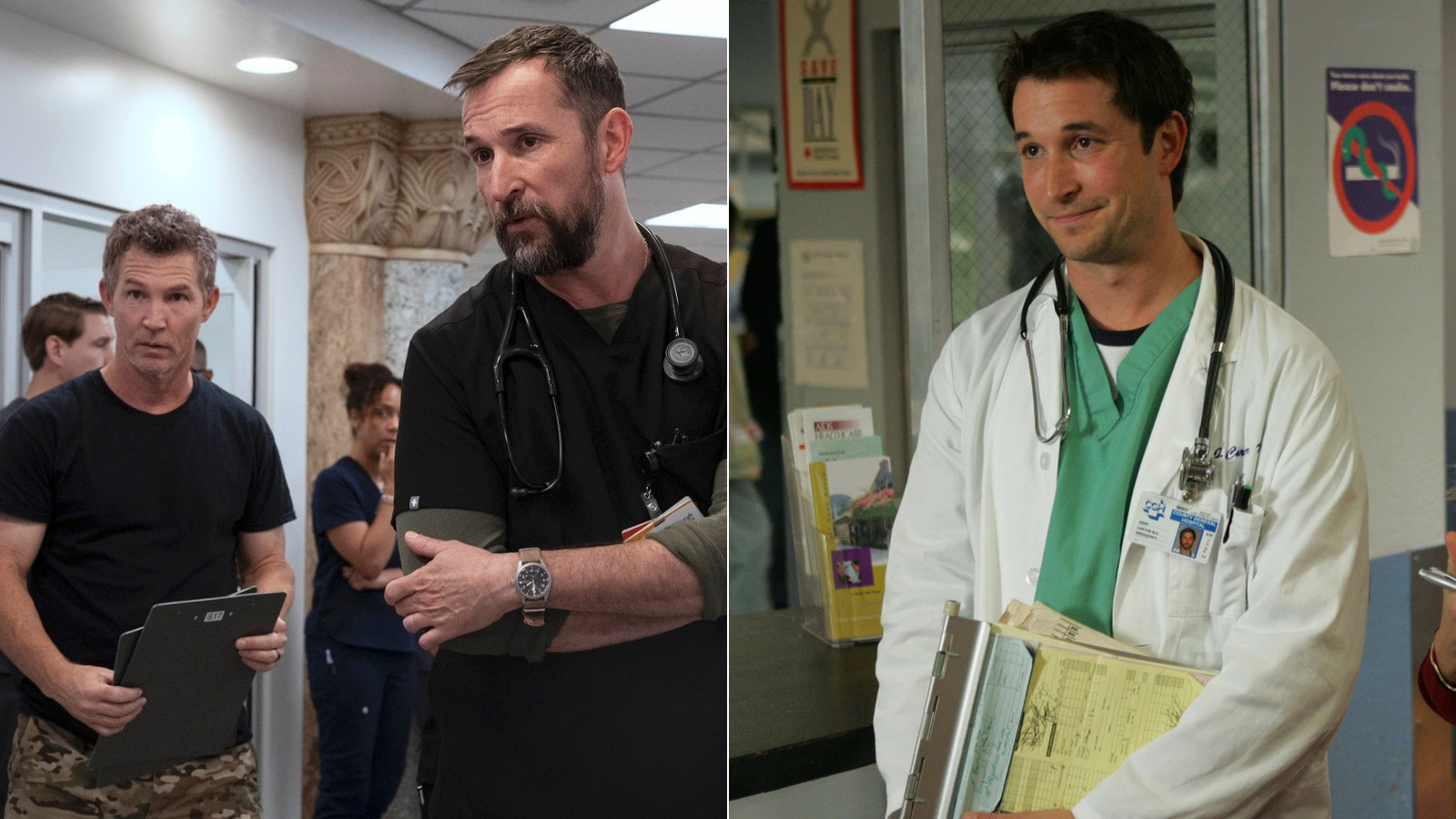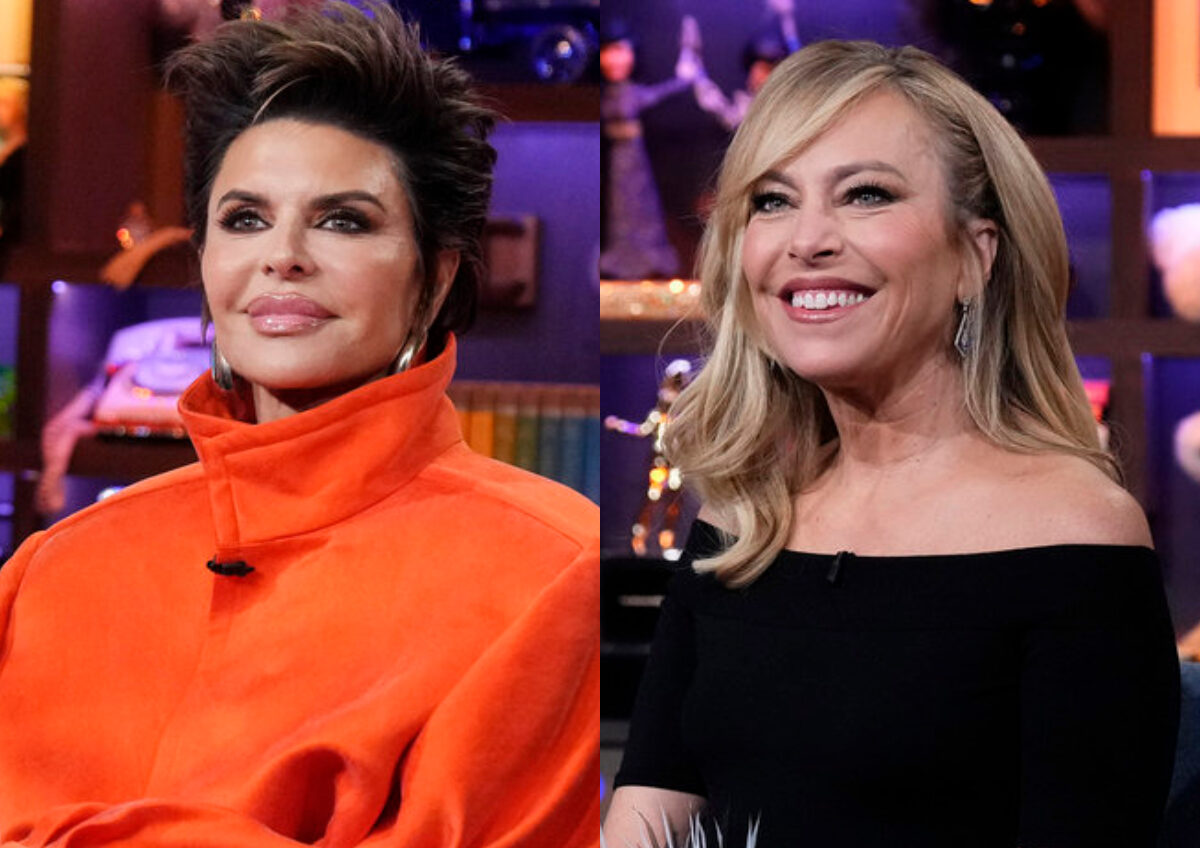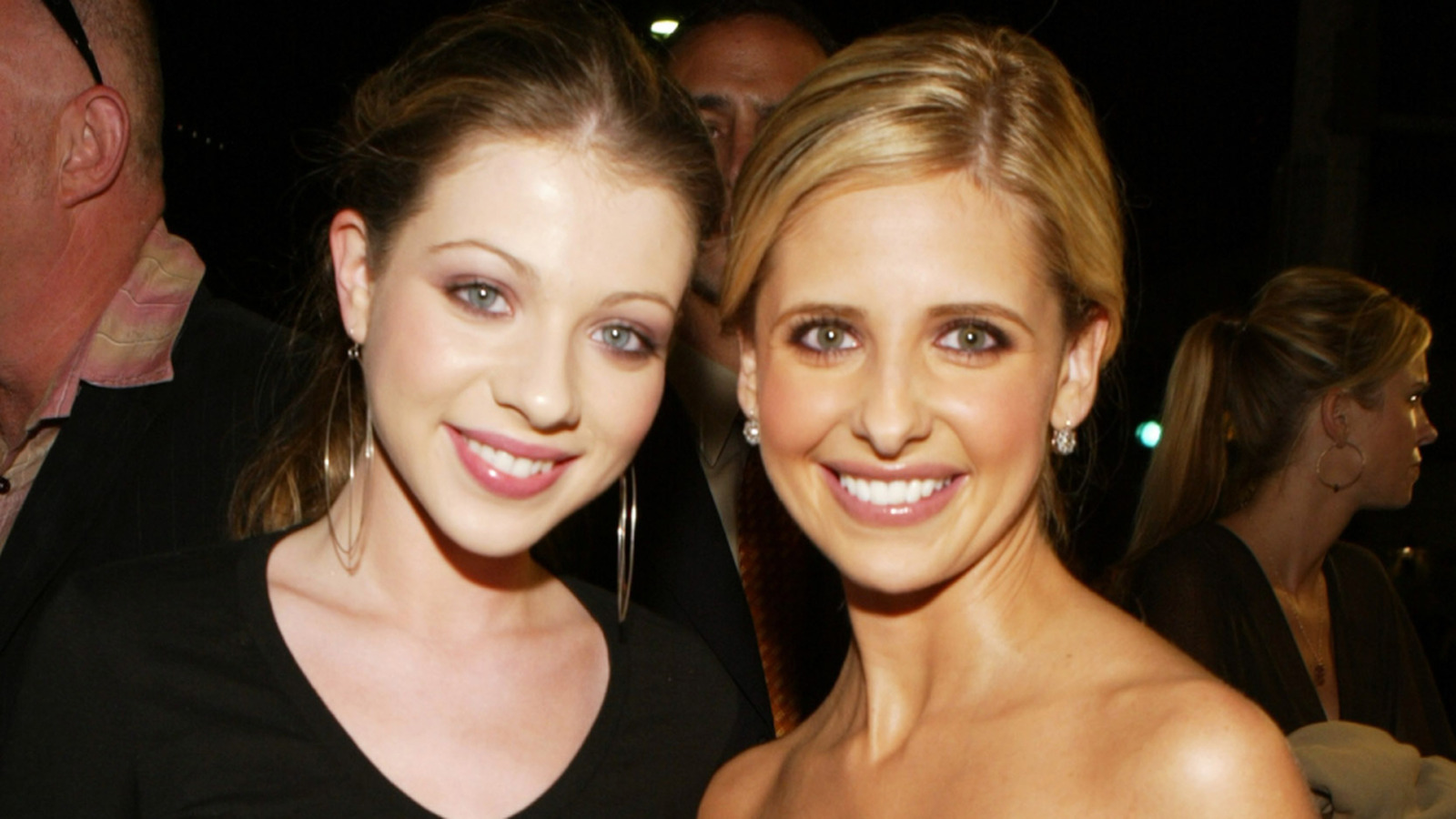
Ryan Reynolds and Blake Lively with their children. Michael Tran/FilmMagic
When it comes to being a dad, Ryan Reynolds sees anxiety as his superpower.
“I think [anxiety] makes it better because your focus is less on yourself and more on your kids,” Reynolds, 47, told Deadpool & Wolverine costar Hugh Jackman during a joint People interview published on Wednesday, May 29. “I know you know that too.”
Now that he’s welcomed four children with wife Blake Lively – the couple share James, 9, Inez, 7, Betty, 4, and a 15-month-old who’s name has not been revealed — Reynolds confessed that he’s happy to have experienced a certain degree of mental health struggles so he can be a guiding light for his little ones.
“Now I love that I have anxiety, I love that I’ve had anxiety,” he continued. “Because when I see my kids experiencing some of that, which is probably genetic, I know how to address it in a way that is compassionate, that actually allows them to feel seen. I know that I can’t just fix it. And I can communicate all that stuff to them and with them. I’m always grateful for it.”
This isn’t the first time Reynolds has opened up about his anxiety. He’s often been candid about his mental health over the years, something he has credited to his family. The actor told Entertainment Tonight in July 2021 that as a parent, he’s focused on modeling certain “behaviors” to create “space” for emotions like sadness, anxiety or anger.
“Part of that is to destigmatize things and create a conversation around [mental health]. I know that when I felt at the absolute bottom, it’s usually because I felt like I was alone in something I was feeling,” he told the outlet. “So I think when people talk about it, it kind of sets other people free.”
While speaking to CBS’ Sunday Morning in 2022, Reynolds confessed that he’s suffered from anxiety his “whole life,” noting that an entirely different part of his personalty “takes over” when he begins to feel a panic attack coming on.
Recalling a particularly bad mental health moment ahead of an appearance on Late Night With Dave Letterman in 2015, Reynolds said he literally felt like he was going to “die” before walking on stage.

“I remember I’d be standing backstage before the curtain would open, and I would think to myself, ‘I’m gonna die. I’m literally gonna die here,” he remembered thinking. “The curtain’s gonna open up and I’m just gonna be, I’m just gonna be a symphony of vomit,’ just, like, something horrible’s going to happen.”
For Reynolds, however, stepping into the spotlight is the key to pushing through the low moments.
“As soon as that curtain opens — and this happens in my work a lot too — it’s like this little guy takes over,” he explained. “And he’s like, ‘I got this. You’re cool.’ I feel, like, my heart rate drops, and my breathing calms, and I just sort of go out and I’m this different person. And I leave that interview going, ‘God, I’d love to be that guy!’”
Now, years later, Reynolds has learned how to channel more added career benefits from having anxiety.
“People who have anxiety are constantly thinking into the future,” he told Jackman during their People interview. “You’re constantly, ‘What if this happens? What if that happens?’ You’re always telling yourself stories. So when we’re shooting Deadpool & Wolverine, I’m not just shooting the movie, I’m also sitting in the audience as a cautious critic going, ‘I don’t like that. I don’t buy that.’ So anxiety creates that ecosystem of awareness that I wouldn’t otherwise [have].”
Jackman, for his part, told Reynolds that his perspective on talking to his kids about anxiety and mental health has changed as they’ve gotten older. (Jackman shares Oscar, 24, and Ava, 19, with estranged wife Deborra-lee Furness.)
“I used to be a little bit old-school. I thought, ‘Don’t burden them if you are anxious,’ ” he shared. “Say you’ve got an opening night, or you’re hosting the Oscars — for three weeks before, I go a little distant. And then someone said to me, ‘But your kids don’t know that you’ve got the Oscars. Maybe they’re thinking you’re mad with them [or] they’ve done something.’”
Jackman added that being transparent about his feelings has actually helped him cope with tense moments.
“I had to make an uncomfortable phone call yesterday, and I actually just said to my son, ‘I’ve got to make this uncomfortable phone call. I’m a bit nervous about it. If I seem a bit off, that’s why,’” he recalled. “And he goes, ‘Oh.’ And then he said, ‘How did the call go, Dad?’ I said, ‘I feel so much better.’”






.png)

